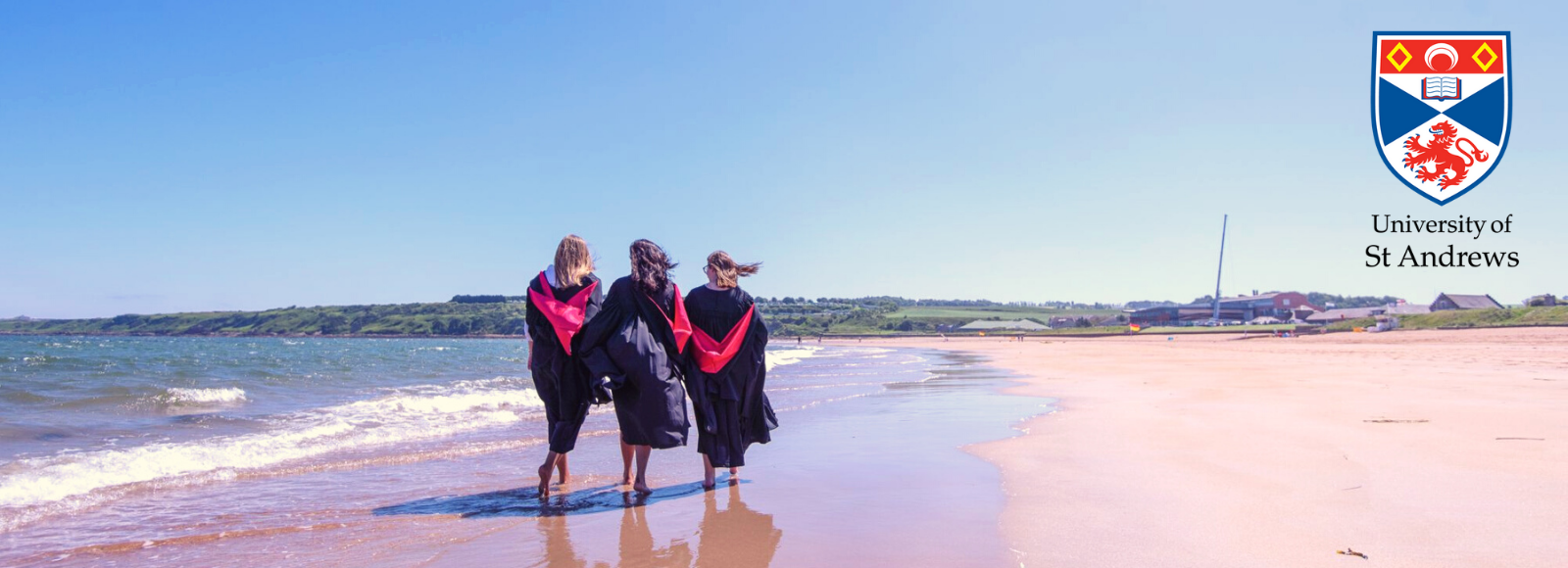- ...
Postgraduate Studentships - Search for funding opportunities.
Postgraduate Studentships - Search for funding opportunities.
The PGDip and MSc in Applied Statistics and Datamining is a taught programme run by the School of Mathematics and Statistics. The course is aimed at those with a good degree containing quantitative elements who wish to gain statistical data analysis skills.
Highlights
A 2.1 undergraduate Honours degree in mathematics, statistics or in an area with substantive mathematical or statistical content.
For fees and funding options, please visit website to find out more
Graduates from this programme typically seek employment as analysts within a company, research body, government, or as statistical consultants.
Recent graduates have found employment in:
The Careers Centre offers one-to-one advice to all students as well as a programme of events to assist students in building their employability skills.
Compulsory
Optional
Computer Science modules
In addition, students may take modules from the School of Computer Science that are consistent with the degree. Representative examples of these modules are:
Optional modules are subject to change each year and require a minimum number of participants to be offered. Some may only allow limited numbers of students or assume prior knowledge before taking.
Dissertation
MSc students complete a dissertation during the final three months of the course to be submitted near the end of August. Dissertations are supervised by members of teaching staff who will advise on the choice of subject and provide guidance throughout the progress of the dissertation. Many topics are in collaboration with companies and other external bodies.
If students choose not to complete the dissertation requirement for the MSc, there is an exit award available that allows suitably qualified candidates to receive a Postgraduate Diploma. By choosing an exit award, you will finish your degree at the end of the second semester of study and receive a PGDip instead of an MSc

Scotland’s first university, an experience like no other Masters programmes to help you find your future. Are you looking to earn an outstanding pos...
Sign up to Postgraduate Studentships
Sign up to compare masters
Thanks for making your selection. Click below to view your comparisons.